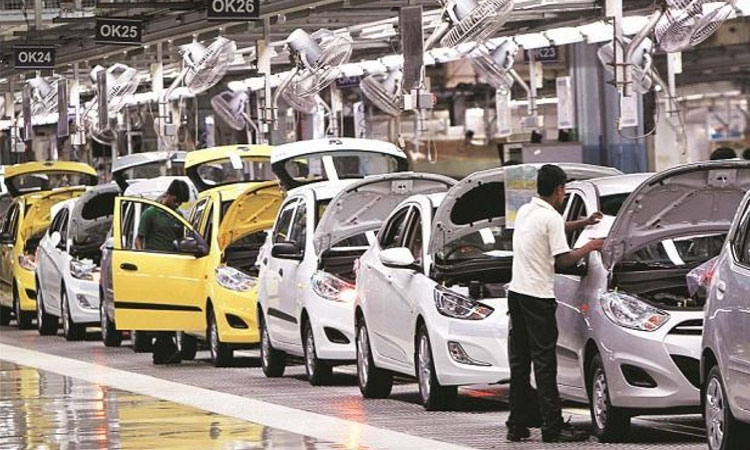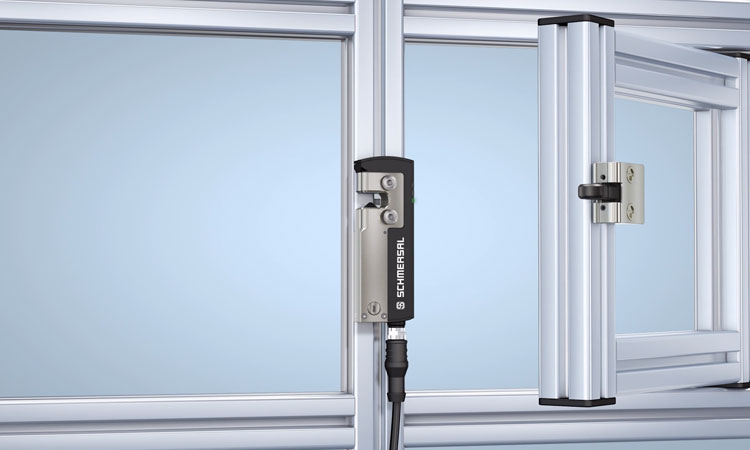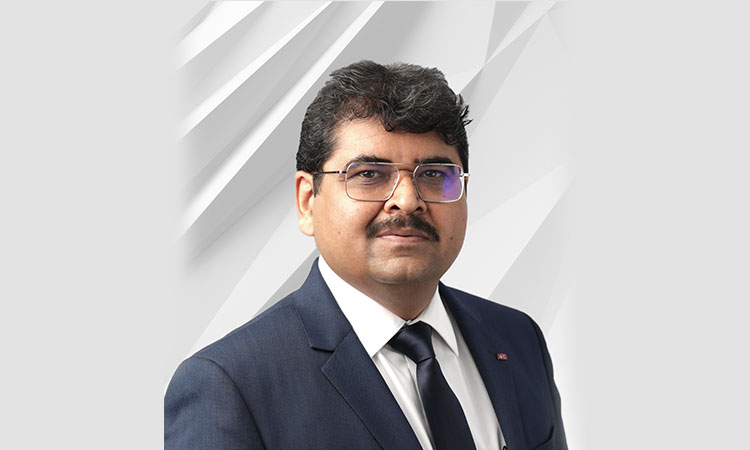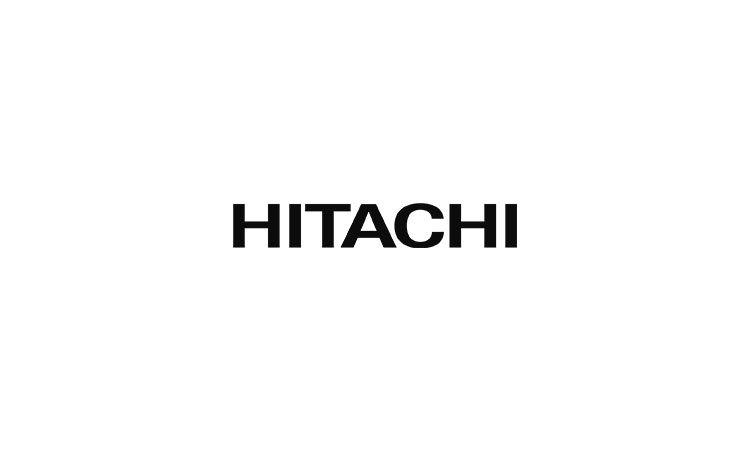Experience Excellence: Witness Our Clients’ Game-changing Products in…

Indian auto industry in 2021 | post covid 19 situation |manufacturing update
An extremely complex future is staring the Indian auto industry. Post the sudden lockdown and somehow managing to recover from the disruptions induced by a once-in-a-century event, the Indian auto sector is cautiously looking forward to 2021. Although the auto sector intends to put up a better show in the post-COVID-19 world, a lot will hinge on the growth of the economy. With petroleum prices going through the roof and several companies raising the price of their cars, things are poised to be very challenging. For example, companies like Honda, GM, Tata and Nissan are hiking their vehicle prices from January.
The sector was already battered by an unprecedented slowdown before the coronavirus pandemic and the tolerance of the Indian auto industry was also severely tested when the nationwide lockdown was announced on March 24th.
The auto sales took a huge beating and plunged 78.43 per cent in the April-June period this year due to the pandemic, declining for the ninth straight quarter and making it the longest slowdown in 20 years.
According to some estimates. the auto industry suffered losses of more than Rs 2,300 crore in turnover on every single day of closure during the prolonged lockdown.
Trying to overcome the unprecedented challenge, the auto industry stakeholders went for digitisation to adapt to the new normal and serve clients while learning to be nimble-footed to keep factories operating under COVID-19 restrictions and concentrating on financial health by reducing costs and generating free cash flows.
Moreover, the lockdown also had an impact on the country’s transition to the BS-VI emission norm from April 1.
Reflecting on the impact of the global health crisis on the sector, the Society of Indian Automobile Manufacturers (SIAM) Director General Rajesh Menon said the growing preference for personal mobility and the slow restarting of economic activities have lent some momentum and the sector is now witnessing signs of recovery in some of the its segments.
While the festive season brought back some cheer in specific segments, the overall economic scenario would determine the industry’s performance going forward.
However, Maruti Suzuki India Chairman R C Bhargava said it was difficult to predict the future in view of so many uncertainties in the market.
Tata Motors MD and CEO Guenter Butschek sounded optimistic saying that going forward the company expected both sales and production to improve in 2021 on the back of overall economic recovery.
Mahindra & Mahindra (M&M) Automotive Division CEO Veejay Nakra also said that a positive monsoon, strong rural demand and the availability of finance were all indicators of a good economic recovery and buoyant demand, going forward.
Nakra went on to say that there would be challenges given the uncertainty of the pandemic and the implication of that on the supply chain. These supply issues will continue for some time to come and will continue to create short term hurdles.
These challenges include a shortage of steel and micro-processors (semiconductors) impacting electronic components and systems.
Hyundai Motor India Ltd (HMIL), the country’s second largest car maker, is also hopeful of some economic recovery taking place next year which in turn would aid the auto industry.
HMIL MD and CEO S S Kim further said that the company is optimistic about the future and could clearly spot some green shoots of recovery in 2021 though the COVID-19 crisis has set unforeseen hurdles for the industry.
Incidentally, the biggest challenge is to sustain business operations and securing the financial health of the organisation. Performance of the automotive industry is also linked to each stakeholder in the value chain starting from vendors to the dealerships.
Optimism was also shown by Honda Cars India Senior Vice President Rajesh Goel who said that as the pandemic was expected to continue for some time, rise in personal mobility could help the auto industry sustain sales momentum in the coming months.
As the government has announced that the first batch of novel coronavirus vaccines would arrive soon in India, the industry expects improvement in consumer sentiment leading to positive sales trend and business normalcy, Goel added.
After more than a year into the pandemic, Toyota Kirloskar Motor Senior Vice President Naveen Soni observed that there have been significant learnings and the auto sector has emerged stronger with greater focus on localisation and digitisation.
He went on to say that the current economic revival was likely to help sustain the sales momentum in 2021 and the industry was hopeful that 2021 would see a V-shaped recovery of the economy thereby helping the sector to bounce back.
Although the passenger cars targeted at the masses are on the path of recovery, Lamborghini India Head Sharad Agarwal said the super-luxury segment continued to lag and is expected to decline by approximately 30 per cent during the current calendar year.
Branding 2020 as “a year of re-inventions”, Balbir Singh Dhillon, Audi India Head, said, “our resilience was under test and as for business, the automotive industry, in particular the luxury car segment, witnessed a very challenging period and we were no exception.”
The automobile industry expects the next fiscal to show positivity on board due to a low base of 2020, however, real positive growth and market expansion may take some time, he added.
ACMA President Deepak Jain, representing the auto component industry, said that after two harsh years — 2019-20 and 2020-21 — recovery should happen in the next financial year.
Jain went on to say that despite all the struggle of this year, the auto industry is going into 2021-22 with great hope as by then the COVID-19 vaccine may be available which would boost both the demand side sentiments as well as the supply-side sentiments.
In spite of all the optimism. There will be certain hurdles like raw material availability as well as the rise in commodity prices, however, continue to impact the sector.
Article by Arijit Nag
Arijit Nag is a freelance journalist who writes on various aspects of the economy and current affairs.
Read more article of Arijit Nag









